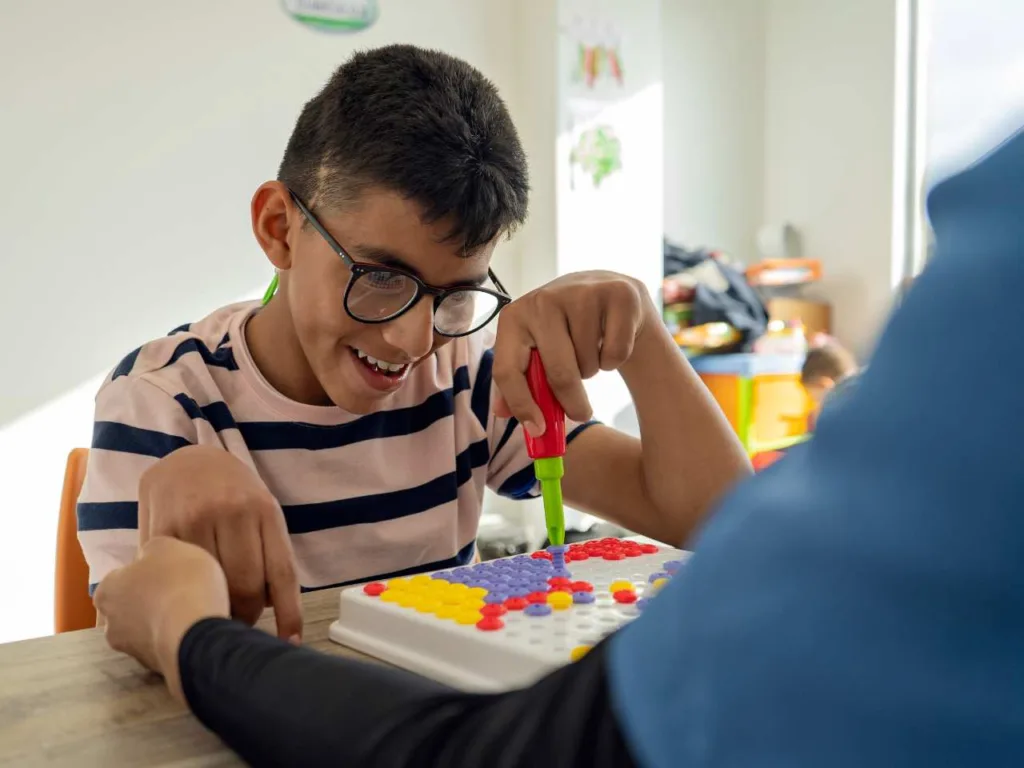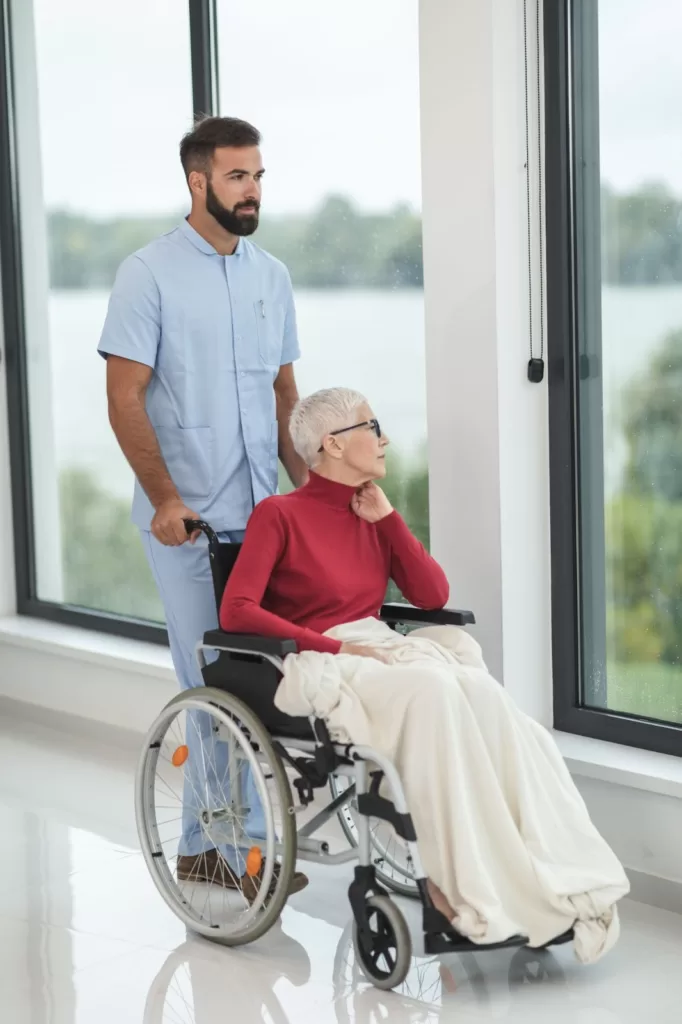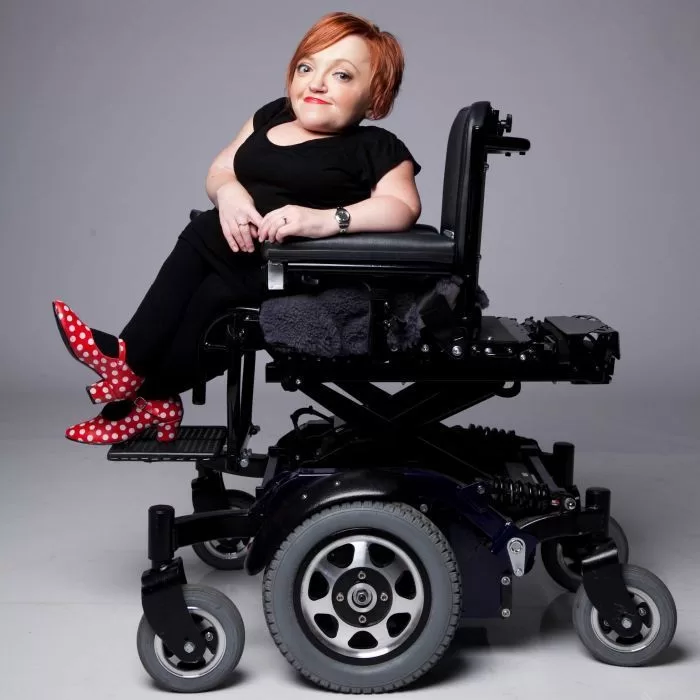Updated on July 19, 2024

In disability care, support is important in patient recovery.
What is Active Support in Disability?
Active support is a person-centred approach provided for people with disabilities so that they can live fulfilling lives. It allows individuals to determine their own goals and objectives after which proper planning is made, in line with these goals.
Family or friends’ involvement is also highly significant, as well as continual assistance. This method allows them to decide for themselves, prioritizing their preferences, strengths, interests, and needs.
How can individuals with disabilities be involved in active support?
Being involved in active support means taking part in the care being received. This requires individuals to be open to new things and be active.
Making decisions: Being involved in decision-making is a very important factor to consider. Decisions on what to wear, what to eat, and activities you want to engage in. This is a good way to be in charge of your day.
Assisting: Disabilities should not hinder you from helping out in your little way. Assist with meal preps, even cooking and cleaning. Knowing your effort contributed to ensuring a smooth day would definitely leave you feeling good.
Participation: From social activities within and outside the home to volunteering and community projects, partaking in these activities would help improve social skills.
Developing skills: Everyone dreams of doing something for themselves. People with disabilities are allowed to dream too. They therefore have to develop and maintain skills that will help actualize these dreams.
Benefits of active support
- Contributes to independence
Active support creates opportunities for individuals with disabilities to be independent. They don’t have to rely so much on others for help since they’ve been empowered to do things independently. It also ensures individual participation and allows them to take the lead in their care.
- Boosts self-esteem
Individual strengths are taken into consideration and empowered. This motivates them to take charge of their lives more proactively and builds a sense of responsibility that fuels their confidence.
They can also boost their self-esteem by doing things they are already familiar with or taking it a step further by trying something new. This helps to create a consciousness that they can do what they set their minds to, leaving no room for doubts or limitations.
- Encourages engagement
With active support, there is the freedom to associate oneself with activities that will open one up to meeting new people and building new relationships. This in turn reduces isolation and loneliness.
- Provides personalized care
Because different people need different things, active support provides individuals with the right type of care and support they need, not just generalized care based on assumptions and stereotypes.
Active support is highly flexible and inclusive. It sees individuals with their unique needs and provides help based on these needs.
Looking for reliable and trustworthy care services?
At Centre Disability Support, we offer tailored support services for individuals with disabilities throughout Australia. We offer housing options in Logan, Ipswich and Brisbane areas, where we provide independent supported living or assist individuals in finding suitable options for individualised living.
Additionally, we provide day-to-day support for individuals with mental health issues, complex behaviour and other types of disabilities. We also have support coordinators available to assist with planning, navigating NDIS plans, and offering casework support.
Whether you’re seeking support for yourself, or a loved one, or simply wish to learn more about our services, we’re here to help.
RELATED
Supported Independent Living Vacancies
What is Personal Support for People with Disabilities?
What Does A Support Coordinator Do?
4 Benefits of Supported Independent Living (SIL) for People with Disabilities
What Makes You Eligible For Assisted Living?



